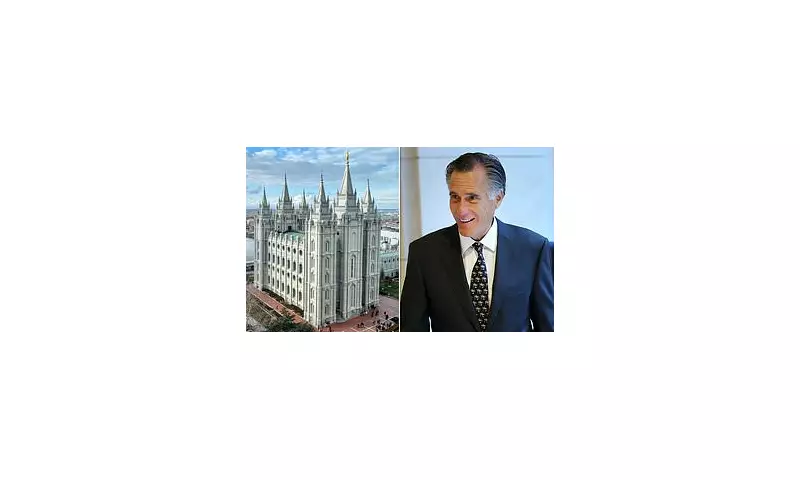
The political world is abuzz after Mitt Romney, the former US presidential candidate and prominent member of The Church of Jesus Christ of Latter-day Saints, found himself at the centre of an unexpected religious storm. The controversy stems from a satirical article about his own church, which has drawn sharp criticism from senior Mormon officials and members of the faith community.
The Article That Caused a Stir
Published in The Atlantic, the piece adopted a sharply ironic tone to critique certain practices and cultural aspects within the Mormon community. While framed as humour, the article's content was perceived by many as a deeply personal and public critique from one of the church's most famous members, blurring the lines between satire and sacrilege.
A Church Divided: The Backlash Erupts
The reaction from the Church hierarchy was swift and unequivocal. High-ranking officials expressed profound disappointment, labelling the piece as "deeply offensive" and "a mischaracterisation of sacred beliefs." This public rebuke of such a high-profile member is exceptionally rare, highlighting the severity with which the piece was received within the faith's leadership.
Among the general membership, reactions were mixed but fervent. Many took to social media to express their hurt and sense of betrayal, feeling that Romney had mocked beliefs they hold dear. Others, however, defended his right to use satire as a tool for introspection, sparking a fierce online debate about the boundaries of faith, loyalty, and freedom of expression.
Romney's Tightrope: Politics and Faith
This incident places Romney in a uniquely challenging position. His political career has been intrinsically linked to his identity as a devout Mormon, a aspect often highlighted during his presidential runs. This very public friction with the church's authorities raises complex questions about the intersection of his personal commentary, his public persona, and his religious duties.
Analysts are now watching closely to see if this controversy will have any lasting impact on his political capital, particularly among the powerful and influential Mormon community in the United States, a key demographic for any conservative politician.
A Broader Conversation on Satire and Religion
Beyond the immediate fallout, Romney's article has ignited a wider discussion on the role of satire in commenting on religious institutions. It touches upon a timeless conflict: the right to critique and lampoon versus the respect for deeply held spiritual beliefs. This event underscores the potent risks that come when a insider employs humour to dissect the very community they belong to.
As the debate continues, all eyes remain on Mitt Romney for his next move—whether it will be an apology, a clarification, or a defence of his satirical work.





